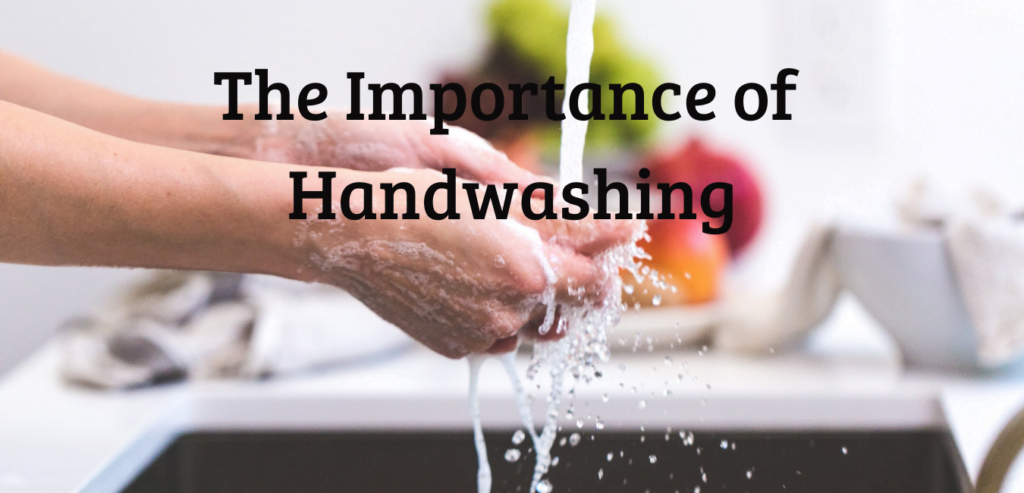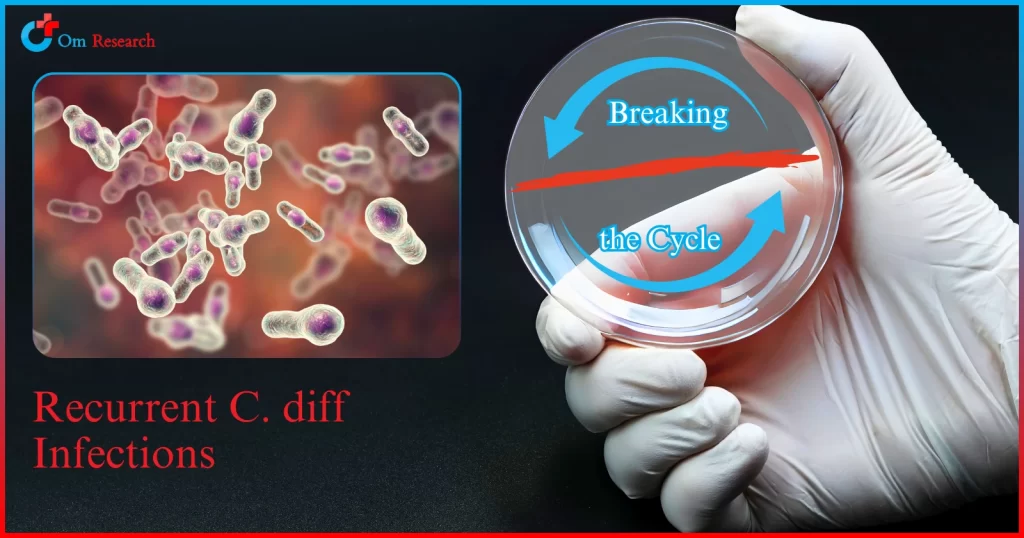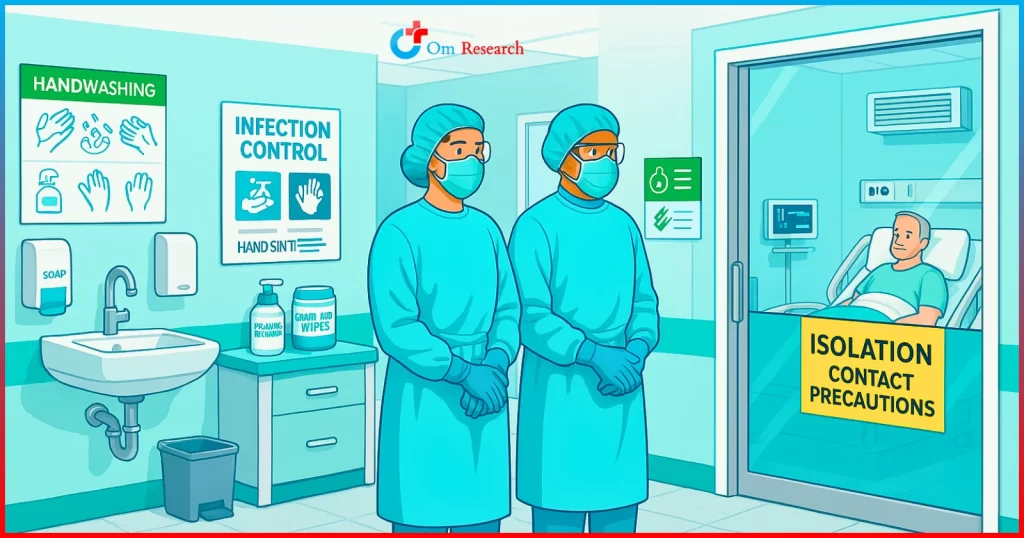Global Hand washing Day just passed on October 15th with very little fanfare. Hand washing is an incredibly important task in maintaining your health and sanitation standards. The act of hand washing hasn’t always been commonplace; even in the medical field. It wasn’t until the mid 1800’s when Ignaz Semmelweis, a Hungarian doctor, started to support and pioneer the practice.
While this seems completely insane, its important to understand where medical practice was in this time frame. Early doctors believed that for one to be healthy, their humors needed to be balanced. In humorism, there are four humors: blood, phlegm, black bile, and yellow bile. As the centuries progressed, medicine developed with this philosophy. Starting around the 1800’s however, doctors started to turn to the human body for explanations of sickness and disease, delving deeper and deeper into anatomy.
Dr. Semmelweis worked in what would now be considered a labor and delivery department. During his time there, he realized that less mothers died when the midwives delivered babies versus doctors. He spent some time figuring out what was different and had an epiphany after hearing one of his colleagues died from the same sickness postpartum mothers had died from after performing an autopsy.
His idea was skewed- he thought it was bits of corpse that caused the deaths since they didn’t know what germs were at the time- but resulted in his suggestion that doctors wash their hands and equipment in chlorine. Once the practice was established, postpartum deaths fell considerably.
That was until the good doctor was fired and estranged from the medical community. Humorism had lost some of its luster by this time, but miasmas were to blame for illness now; never mind what Dr. Semmelweis had discovered (and proved) or what human anatomy had taught the medical community.
Hand washing wouldn’t have another pioneer until Florence Nightingale who is also responsible for modern nursing. Her practices and teachings helped curb the fatalities of the Crimean War and became common practice in the medical community.
Today’s medical community still struggles with getting healthcare professionals to wash their hands and, as an extension, their tools, properly. This leads to lives being lost due to infection and sickness and disease still being spread in healthcare facilities. Lives are saved from a simple twenty second task.
Hand washing is serious and an easy way to keep down the spread of germs.



